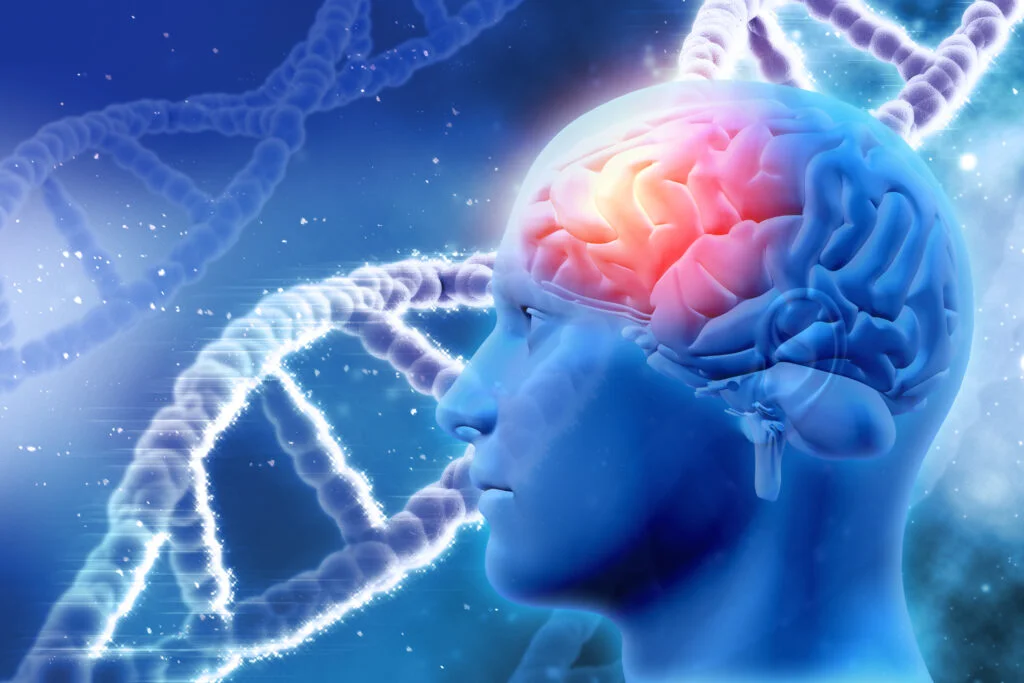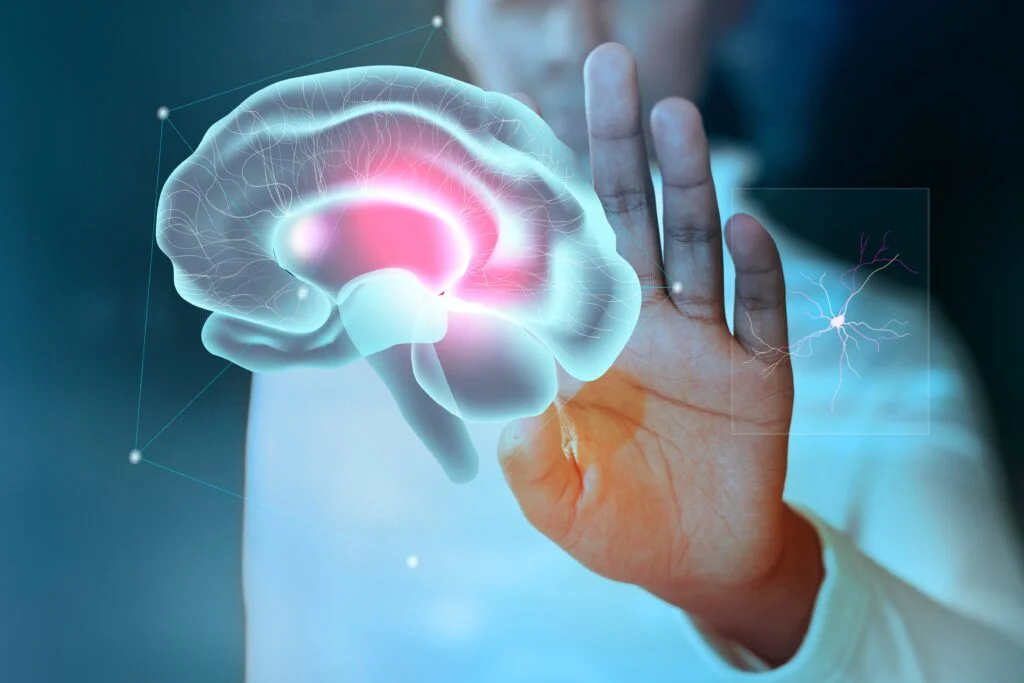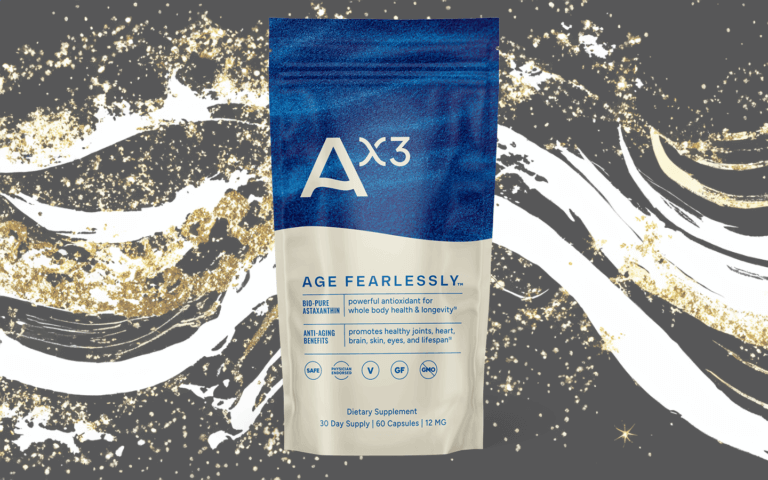Navigating the quirky British roads of London is no easy feat! So much so in fact, that London taxi drivers have been proven to have demonstrably larger brains. Read on to delve into the miraculous world of the hippocampus.
Having harnessed a peculiar kind of genius affectionately coined as ‘The Knowledge’, London taxi drivers possess a special kind of superpower that modern advances have atrophied in the brains of us mere mortals.
Likened to obtaining a university degree, earning the status as a fully-fledged London cabbie is a legendary process that can take up to four years and requires an elephant-like memory that’s able to accurately recite every meandering street, with landmarks along the way to boot! City officials stringently test their prowess before legally issuing a license too.
Whilst it’s a fun touristy fact to know that the next time you visit the British capital, your cab driver can effortlessly circumnavigate the twisty roads of Blighty better than Google Maps, there’s also evidence that a part of their brains grows substantially larger than average as a result.
One study* conducted over the course of ten years at the University College of London, found that gray matter volume found in the hippocampus of London cabbies, remarkably outsized average brains as a result of higher spatial intelligence.

Molecular biologist, Dr. Boyer of Farr Institute remarks: “The hippocampus is part of the brain that is located in the medial temporal lobe, connected with the amygdala and is responsible for storing memory.
“Every time you learn a new concept, a new pathway is created in the hippocampus. Revisiting the new idea strengthens the created pathway in the hippocampus, making the hippocampus function stronger in recalling that particular information.”
So, how can those of us who sit closer on the scale towards directionally challenged help flex our memory muscles?
Adult neurologist epileptologist, Dr Santoshi Billakota advises, “the hippocampus is made of CA1 neurons which are very sensitive to hypoxia (lack of or reduced oxygen). Therefore, some of the best ways to keep them healthy is exercising to increase circulation and oxygen levels to the brain. Cognitive training exercises like crossword puzzles and sudoku, and providing your brain with good nourishment through foods rich with healthy omega 3s, and fruits and vegetables can also help.”
*Eleanor A Macguire et al






